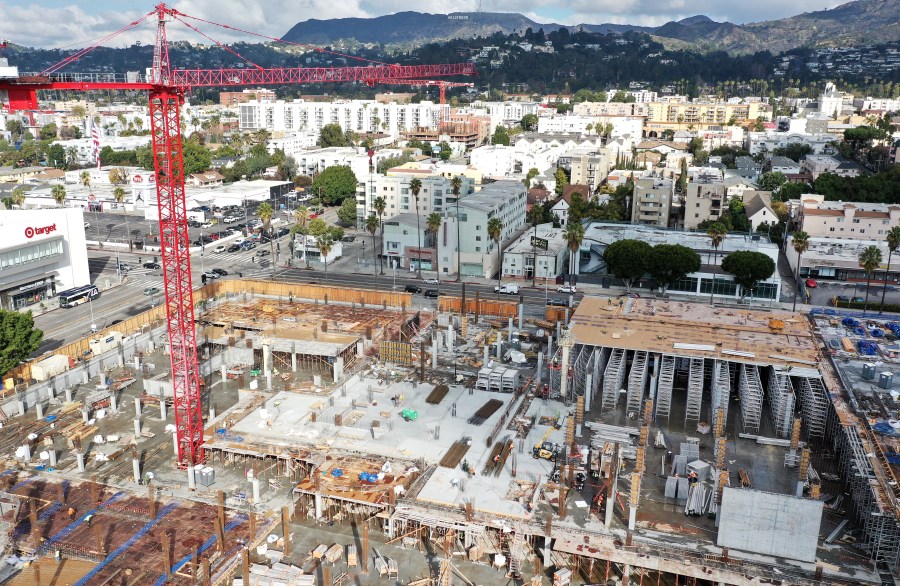California Gov. Gavin Newsom on Friday signed several housing bills into law that are intended to streamline the building of new dwellings and tackle the state’s housing crisis.
Among the bills signed Friday was the controversial Senate Bill 79, introduced by State Sen. Scott Wiener (D-San Francisco), which will make it easier to build housing near public transportation sites across the state.
In a news release Friday, Wiener’s office described SB79 as a “landmark” bill that “tackles the root causes of California’s affordability crisis by allowing more homes to be built near major public transportation stops.”
“Governor Newsom signed SB 79, my bill allowing more housing near public transit — rail, subway, rapid bus,” said Wiener Friday in a post on Reddit. “It’s a huge step for housing and affordability in California.”
The bill, Wiener went on to say, will “create more homes in the most sustainable locations,” while strengthening transit and reducing carbon emissions. The State Senator concluded by thanking Gov. Newsom and the “entire amazing coalition” that helped get his bill passed.

The bill passed the State Legislature last month and has been on the governor’s desk for several weeks, much to the anxiety of its pro-housing supporters. But on Friday, Newsom made his support of the new legislation abundantly clear.
“HUGE NEWS!! YIMBYS REJOICE!!” the Governor’s press office wrote on social media. YIMBY stands for ‘Yes In My Backyard,’ a pro-housing movement that contrasts with the more pejorative term NIMBY, short for ‘Not In My Backyard,’ often used to describe opposition to housing or development.
“California is making historic strides today as Gov. Gavin Newsom signs SB79 — streamlining the building of more housing all across the Golden State,” the statement continued.
But despite the support from the governor, the bill has drawn criticism along the way from some of the state’s other influential political figures, including locally in Los Angeles. In August, the City Council, with the backing of Mayor Karen Bass, formally voiced their opposition to the bill, branding it as a “one size fits all” solution that would lead to zoning changes that could alter single-family communities and force residents into competition with developers.

Newsom’s office pushed back on those concerns, writing, “No, it does not supersede local control as some have falsely claimed. No, it is not one-size fits all. And no, this is not some ‘land-grab’ by the state.”
For Wiener, the passage and signing of SB 79 into law represents the completion of years’ worth of work, having tried to pass similar legislation on two previous occasions.
“SB 79 is a historic step toward tackling the root cause of California’s affordability crisis — our profound shortage of homes and too few people having access to transit,” Wiener said. “In California we talk a lot about where we don’t want to build homes, but rarely about where we do — until now.”
In addition to SB 79, Newsom also signed into law several pro-housing bills that will, among other goals, streamline housing approvals for farmworkers in the Central Valley, make it easier to build accessory dwelling units (ADUs) in coastal and disaster areas, and remove “outdated barriers” that keep commercial properties from being converted into housing.
For a complete list of housing bills signed by the governor, click here.
